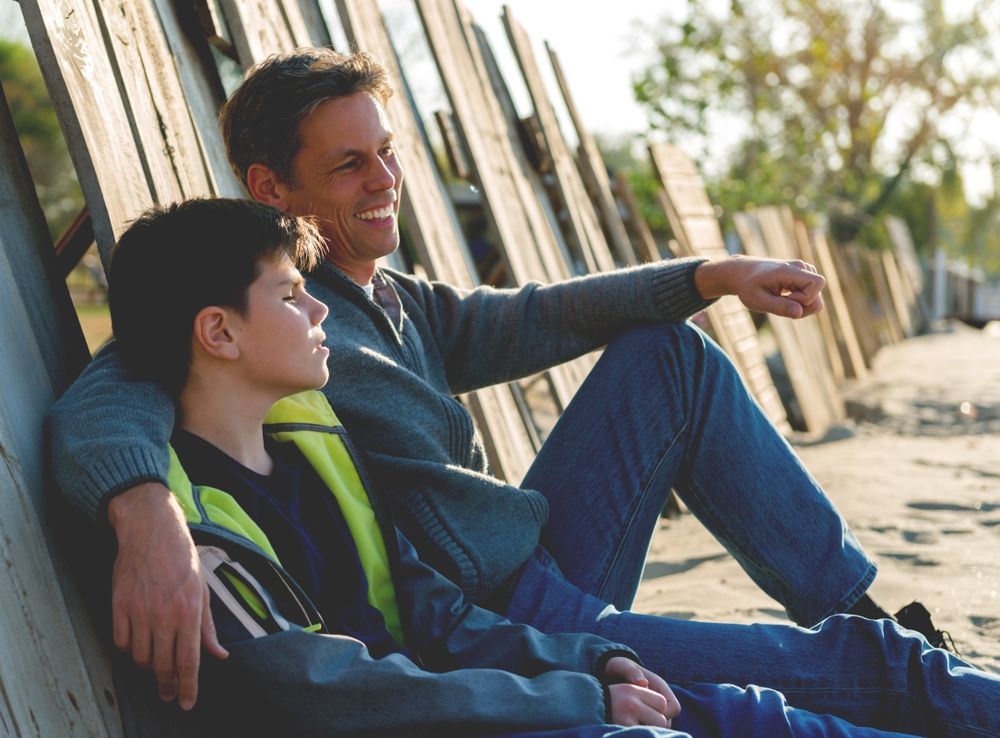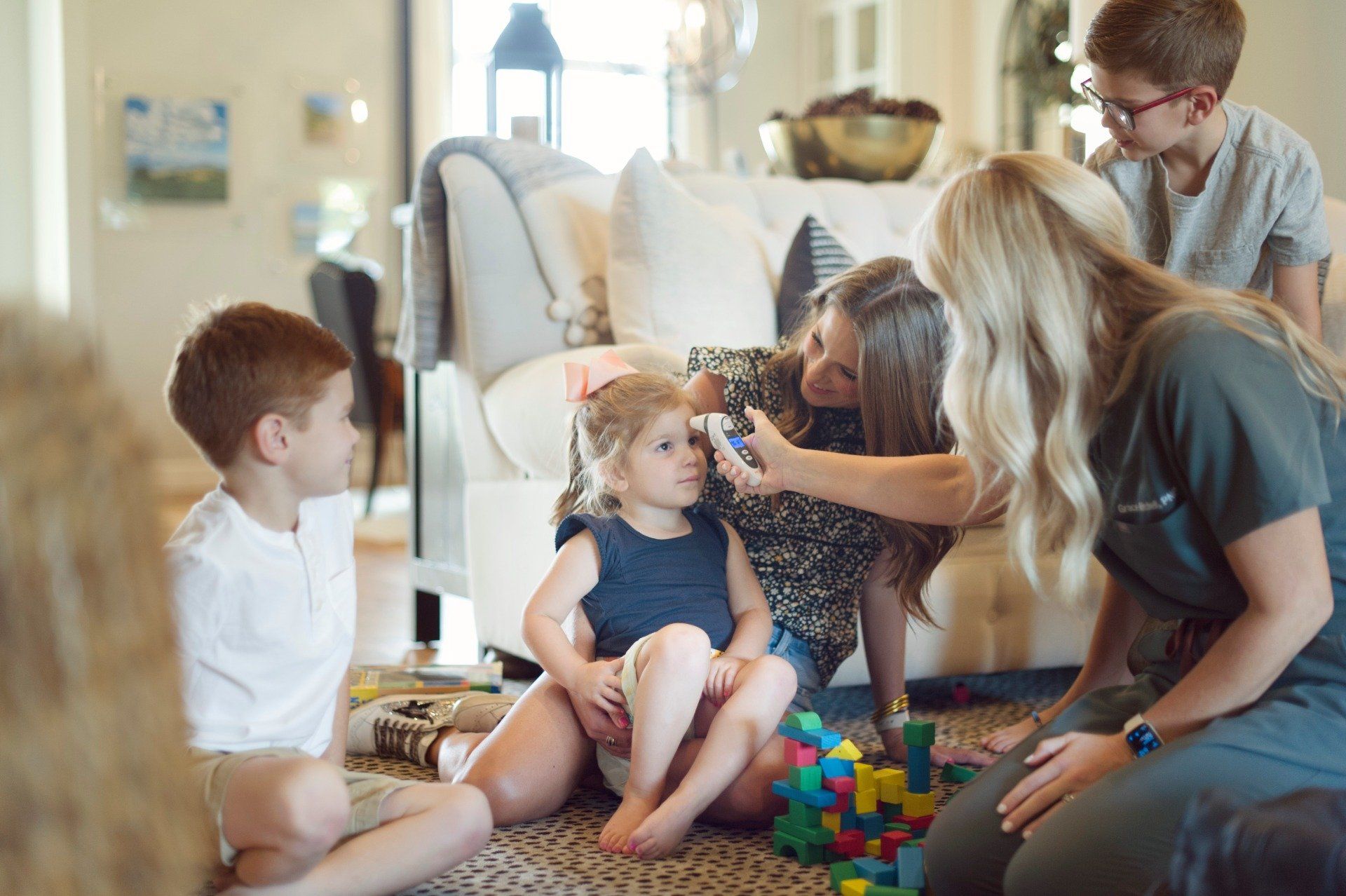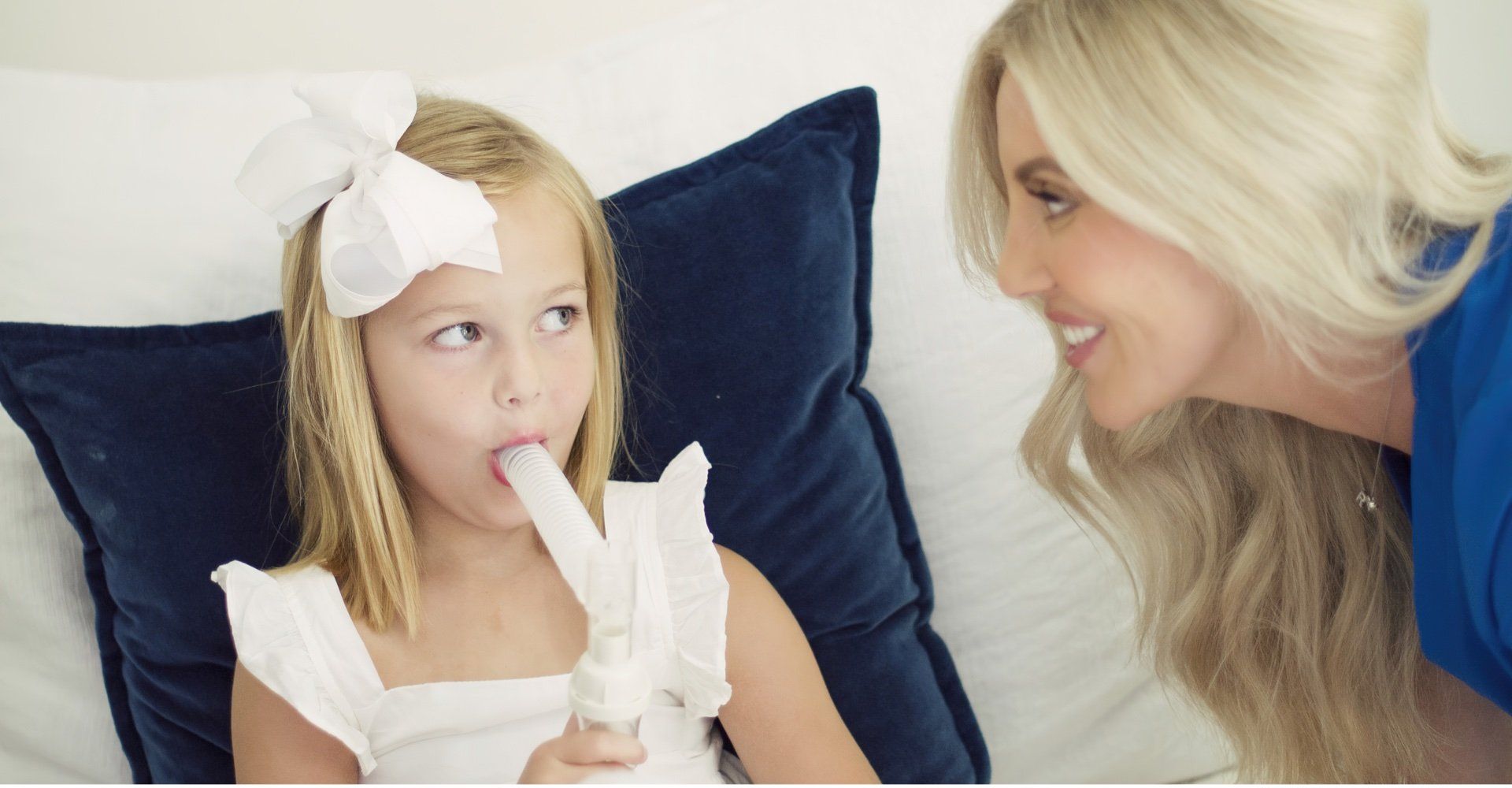Promoting Honest Discussions and a Healthy Body Image in Adolescence
Puberty can be intimidating for both parents and children, but there's no reason to fear it. Parents play an important role providing education and encouraging independence. Discussing puberty with your child should be an ongoing conversation not one long, sit-down lecture. Goals with this dialog is to start early and discuss the topic often with a slow progression to help normalize puberty and also ease your child into these changes. Make the conversations age appropriate, gradual, natural lessons, so they’re less likely to be embarrassed or avoid talking about the subjects.
A great first discussion is the topic of body odor and personal hygiene. You might notice that your child is starting to require a deodorant. This presents the perfect opportunity to initiate a conversation and introduce them to a natural deodorant. Some of my preferred natural brands include Salt & Stone, Ahava, Native, and Kopari Beauty. As puberty progresses and body odor becomes more pronounced, sometimes deodorant alone is not sufficient. In such cases, a Benzoyl Peroxide wash with at least 10% strength can be used to cleanse their underarms and eliminate any lingering odor.
Another great topic for discussion is the emotional side of puberty and the challenges it may pose for your child. This can be a confusing time for your kiddo, so it's important to communicate that emotional fluctuations are a natural part of growing up.Equipping them with healthy coping mechanisms to handle stress and its associated challenges is essential. This may involve activities such as journaling, exercising, or seeking support from a friend or family member.
Your teenager’s body is going to be changing and each individual does this at a different pace - there is no “right way” or “right time”. Reassure your children their time for puberty will happen when its supposed to for their body. For boys, their body will start to change typically from ages 9 to 14. Girls will notice body changes at age 8 to 13, but it does not mean anything is wrong if your child don’t start puberty until later. Body positivity is crucial during this time period and starts with you leading by example.
Here are a few brief reminders:
- Food is to fuel our bodies and is not bad or evil
- Health and weight are not the same thing
- Shift the benefits of physical activity from body shape to feeling better
- Self-compassion and positive affirmations are key
- It’s not ok to discuss others’ bodies (positive or negative)
It's always a great idea to provide your child with a book that is suitable for their age, explaining body changes and what to expect. This will empower them to educate themselves in a healthy manner while allowing for privacy. After these discussions, always encourage questions and offer thoughtful answers based on their curiosity.
Ready to support your child through their journey of growth and change? We can provide personalized guidance and resources for navigating puberty with confidence and care. Let's work together to ensure your child's well-being. Saving Grace Pediatrics offers both in-home and virtual visits to patients in Oklahoma and Kansas.
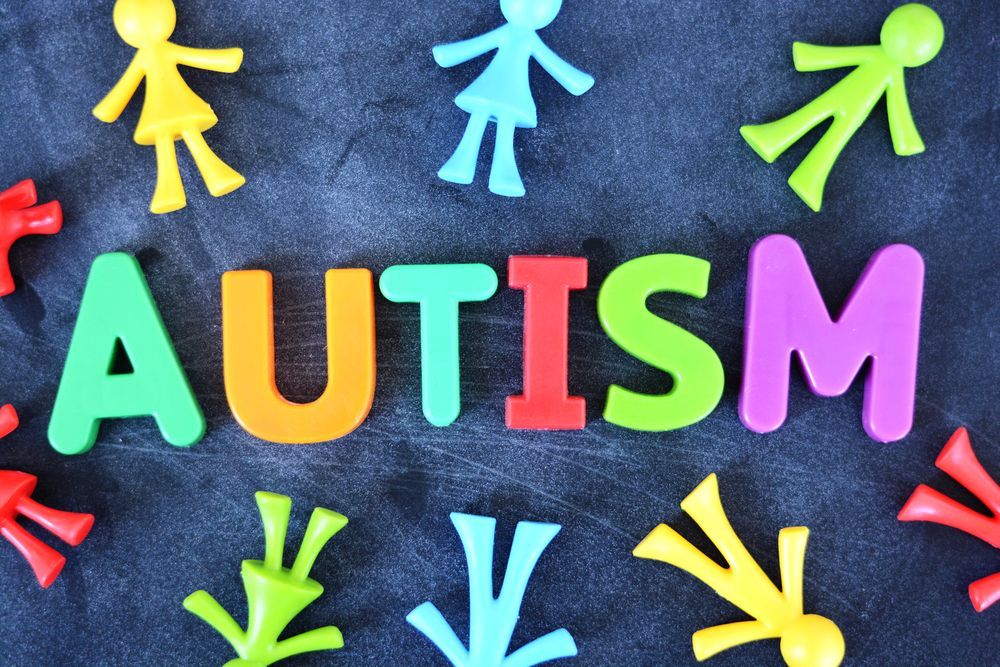

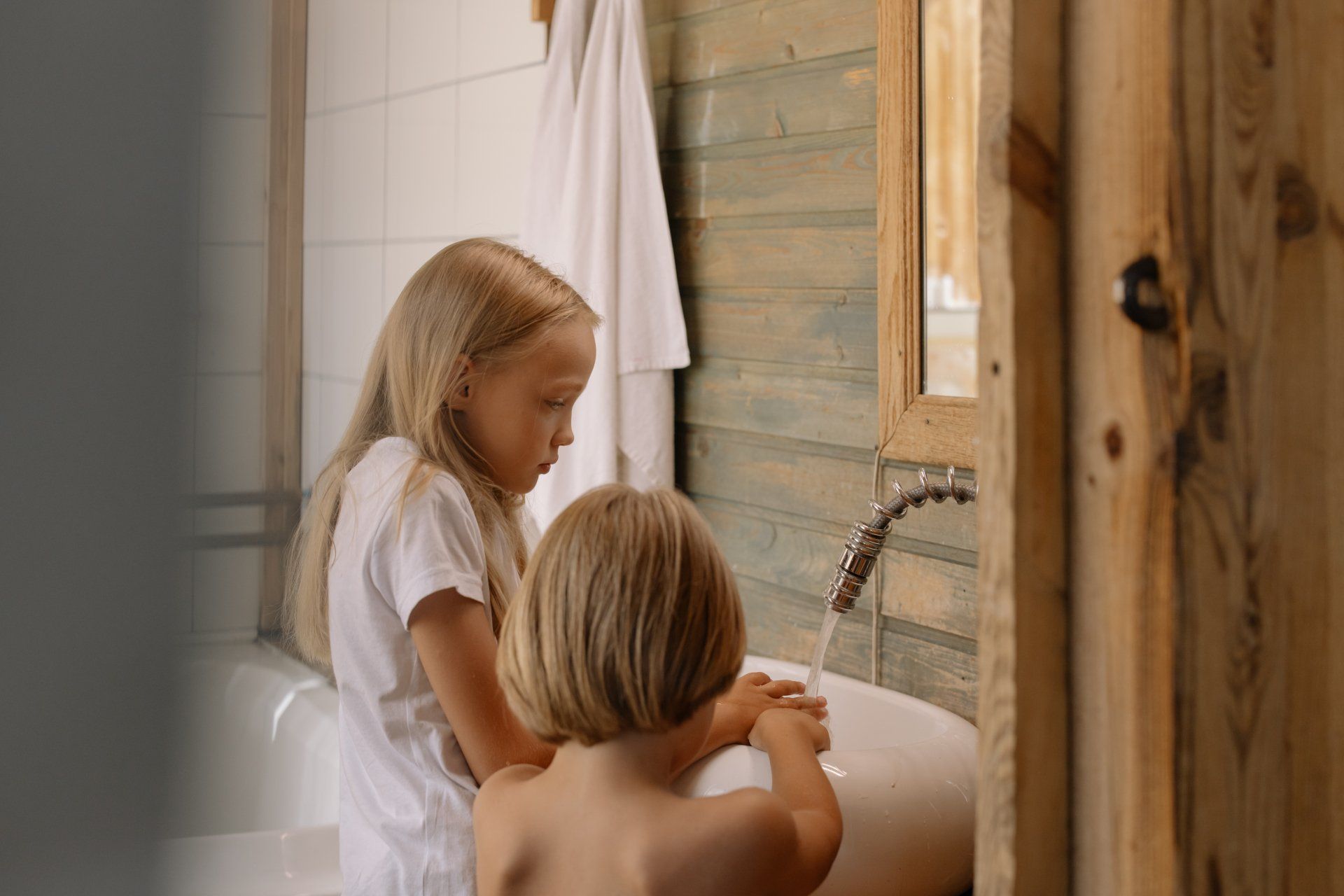
© Copyright 2024 |
Saving Grace Pediatrics
Powered by WSI-Summit

